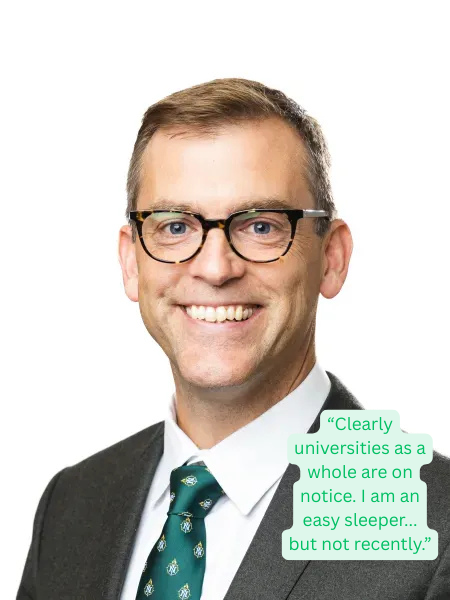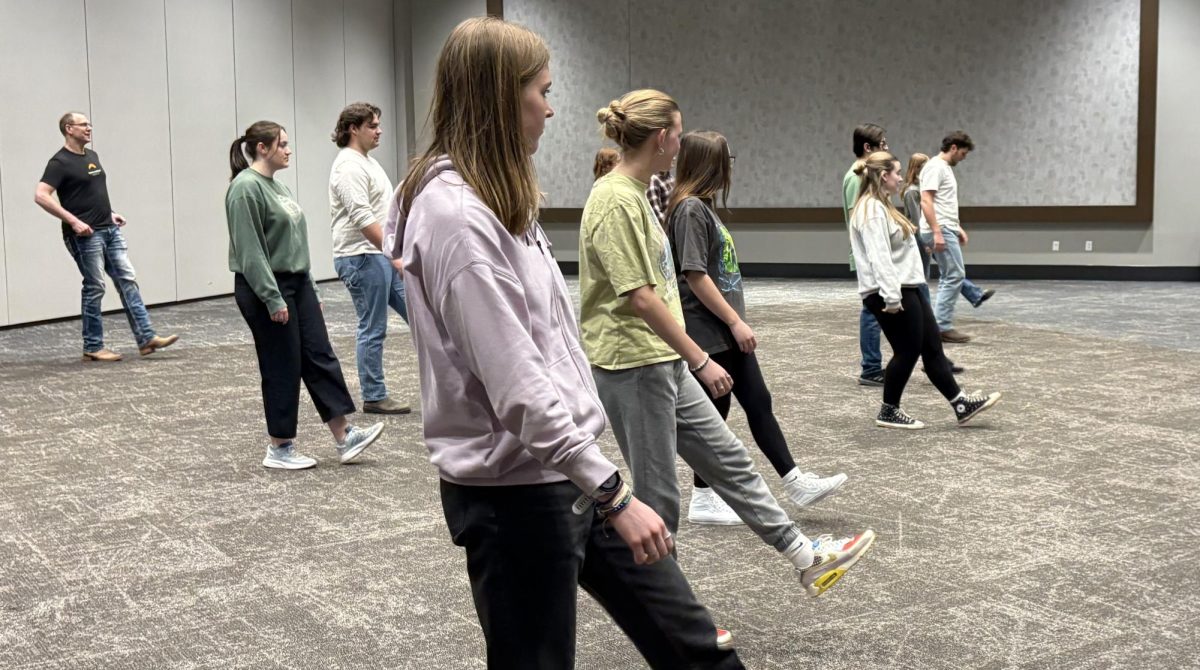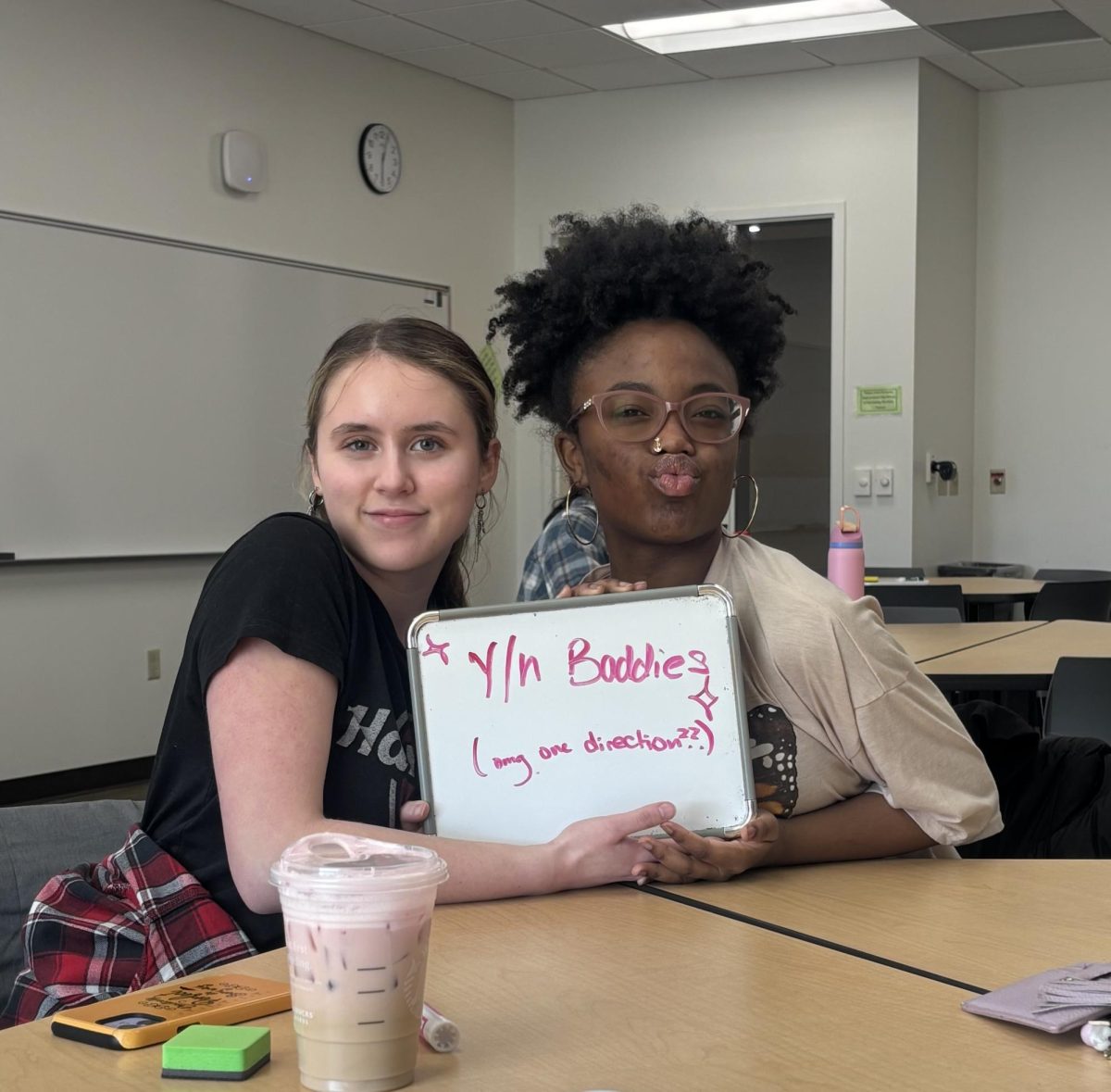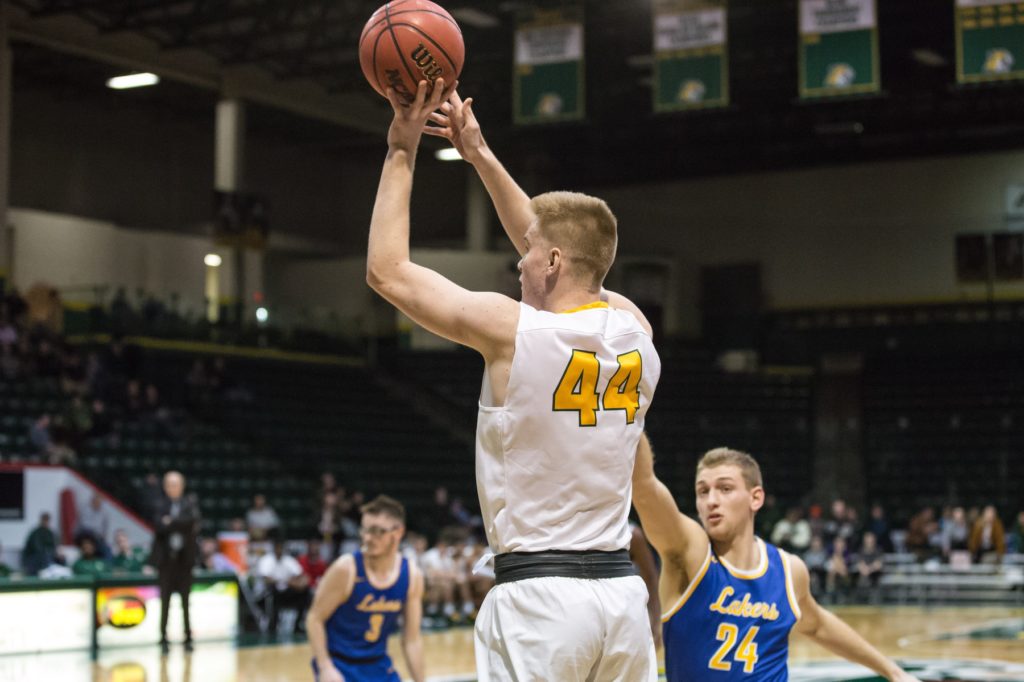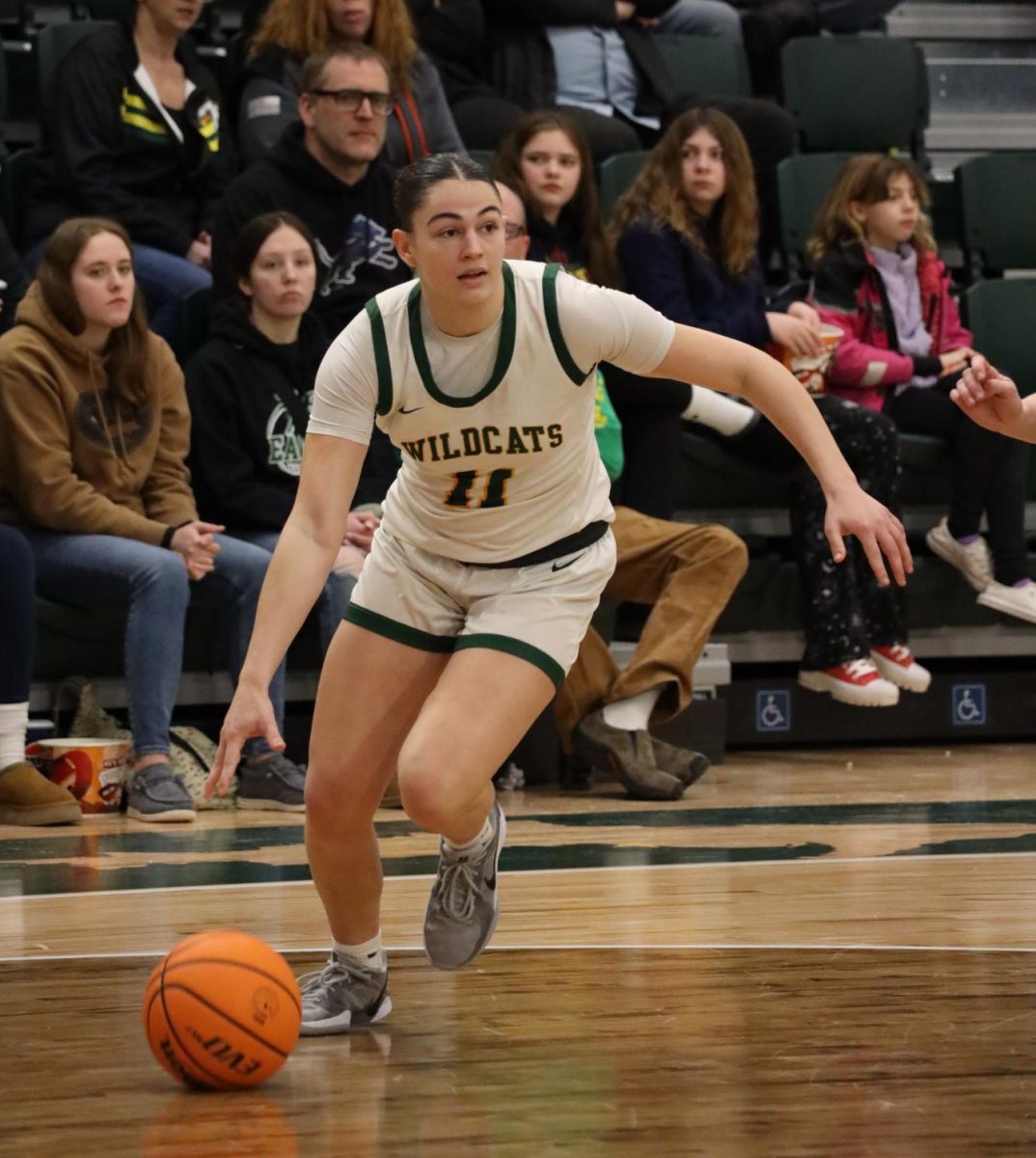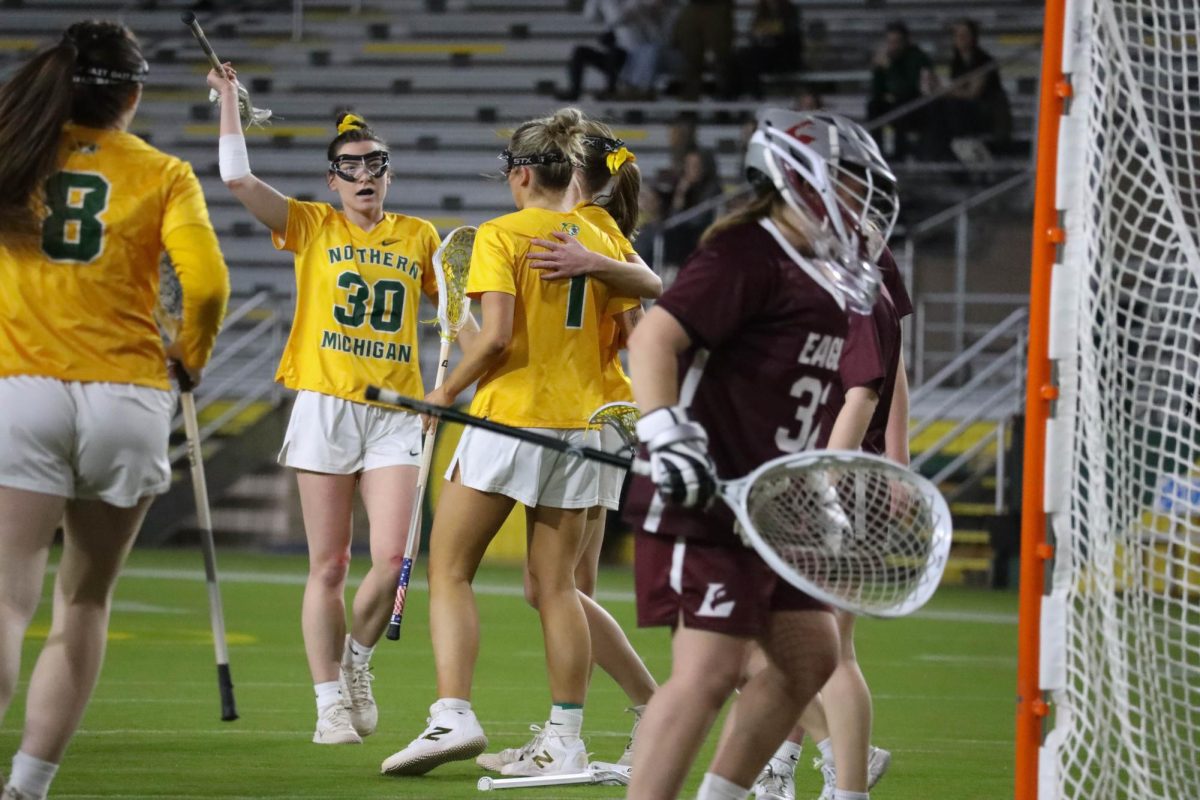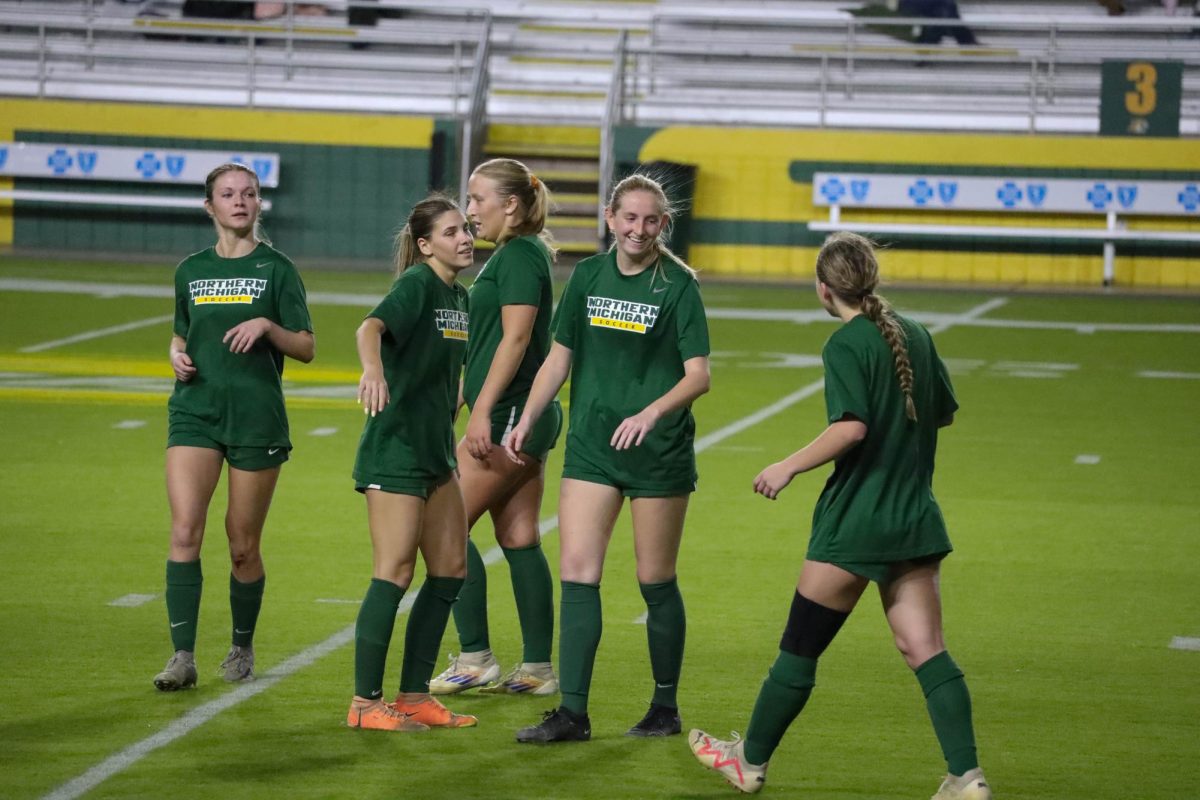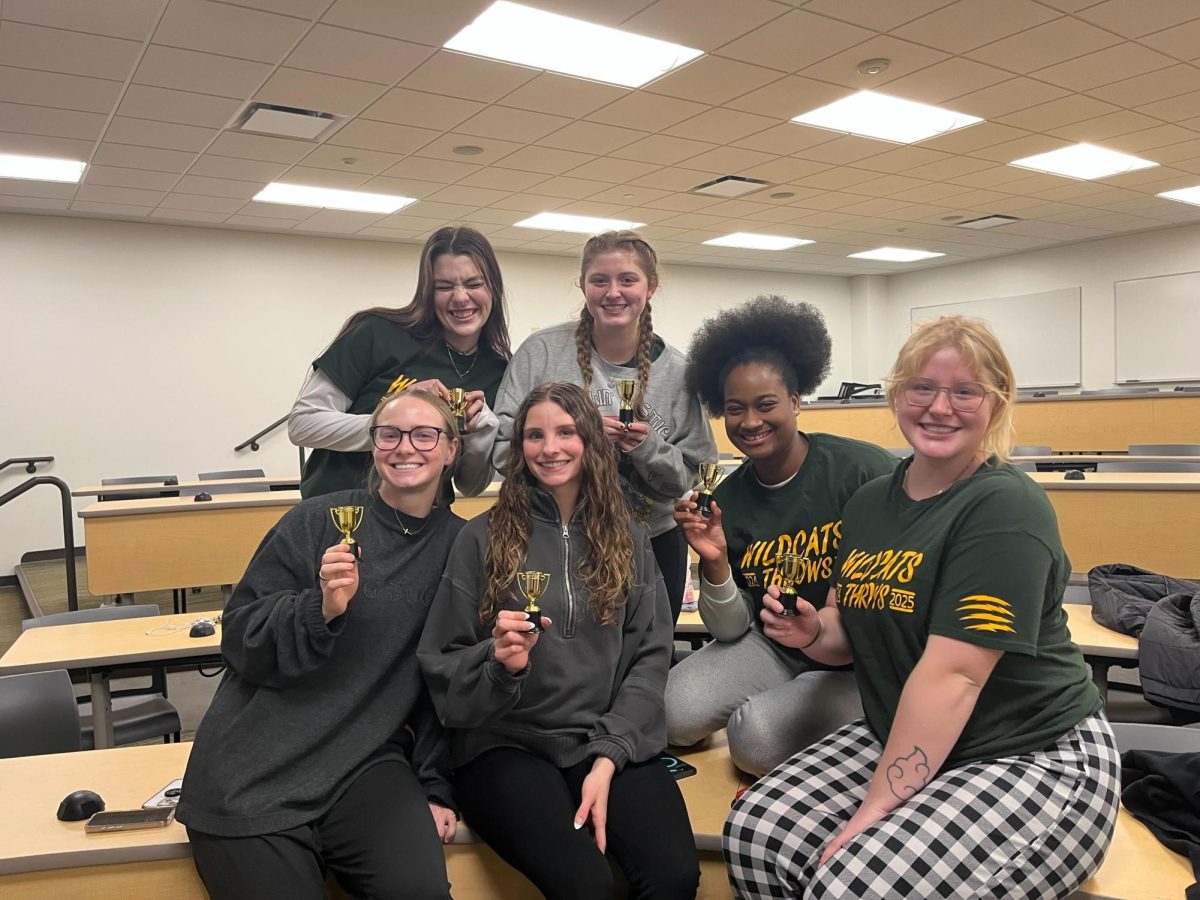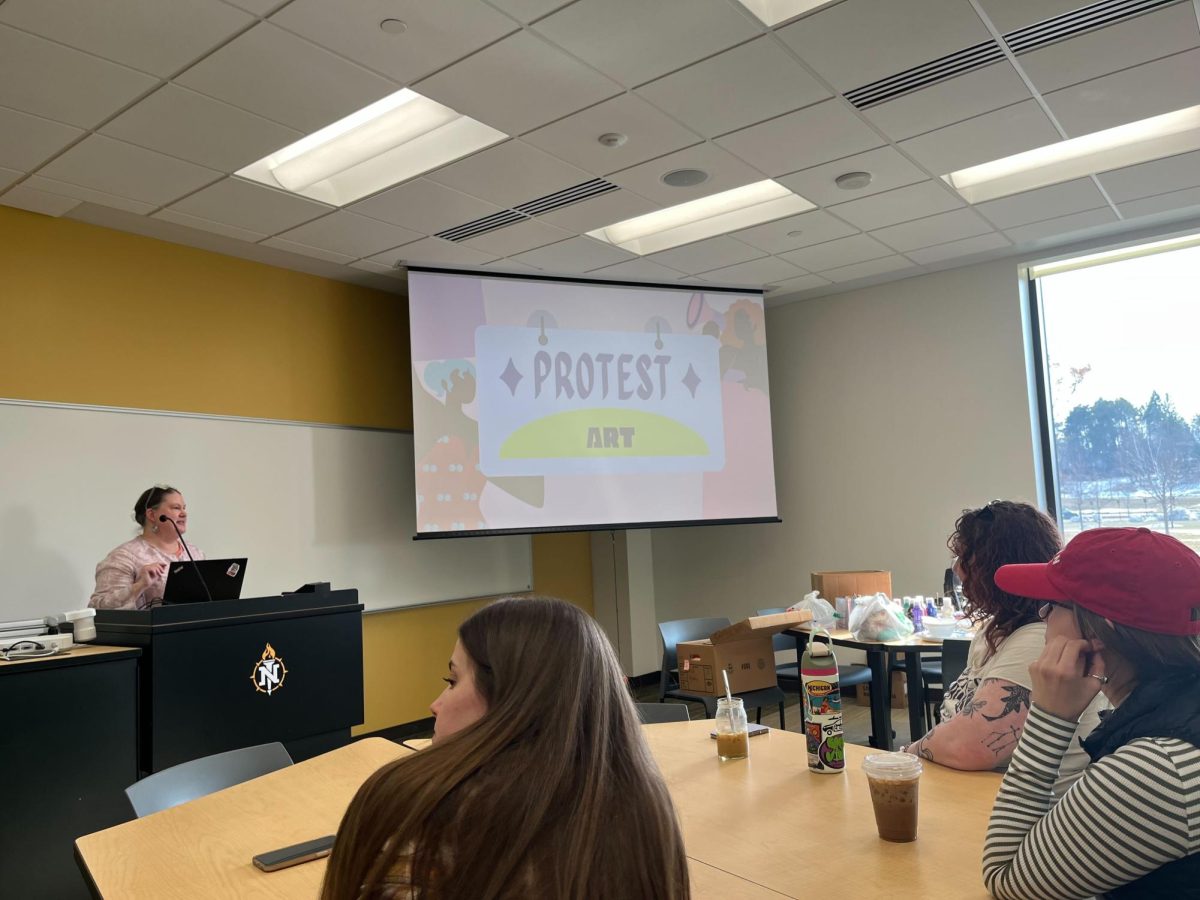From controlling the spread of invasive species such as the Asian carp to dealing with legal issues involving water usage, Office of the Great Lakes Director Patty Birkholz is in charge of keeping the Great Lakes pristine.
“The Office of the Great Lakes is all things to do with the Great Lakes. We’re the point person on all Great Lakes issues,” she said.
The Office of the Great Lakes was created in 1985 as an agency within the Michigan Department of Environmental Quality to be a one-stop information outlet for the Michigan public on environmental issues within the Great Lakes region. It also serves as an advisory organization to the governor’s office for legislation involving the Great Lakes.
Birkholz, who was until Sunday scheduled to speak in person, conducted a PowerPoint presentation via live video feed due to a recent snow storm in Michigan that made driving conditions dangerous throughout the state. The former state senator and representative spoke to an audience of students, faculty and community members who crammed into the Mead auditorium at 3 p.m. on Monday, April 18 to watch the live video presentation.
Birkholz spoke about the different issues currently facing the Great Lakes region, including the over 108 different kinds of harmful invasive species present in the lakes.
“The Great Lakes are a mess, and I don’t need to tell you. We’re working with all other Great Lakes states and Canada to restrict the amount of invasive species,” Birkholz said.
One of the greatest threats to the eco system of the Great Lakes is Asian carp, she said, which is currently present in the Illinois River, connecting to Lake Michigan through a series of man-made canals. If the Asian carp reach Lake Michigan in large numbers, it could spell doom for the surrounding eco system, she said.
Birkholz also talked about the Great Lakes Compact, which sets up cooperation between states to regulate water usage.
“It brings Great Lakes states together in a treaty form. The waters are all interconnected. The Great Lakes withdrawal law means that neighbors cannot damage the water,” she said.
Though unfortunately Birkholz was unable to speak in person as planned, Political Science Professor David Haynes said he was thankful for the video conferencing technology that allowed her to give her presentation from Lansing.
“This is the first year I’ve used the video conferencing technology for a class. We’ve had four or five video presentations so far, and we’re looking to expand it to more,” he said.
Haynes and the political science department organized the event to be a part of the PS 495-595 special lecture series class. Through the class, Haynes has also set up video presentations with former Representative Bart Stupak and Senator Debbie Stabenow.
Jessica Price, a student in PS 495, attended the speech as a requirement for her class. While she would have liked to see the presentation by Birkholz more focused on a specific issue affecting the Great Lakes, the experience of attending lectures from different politicians is an enlightening one.
“I’ve gone to see most of the presenters here, and I’ve always walked away with new knowledge. It’s always important to have people come and give students insight,” she said.


